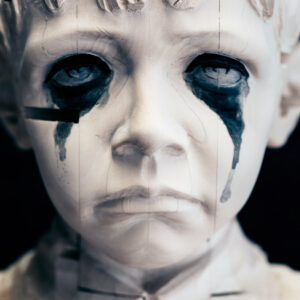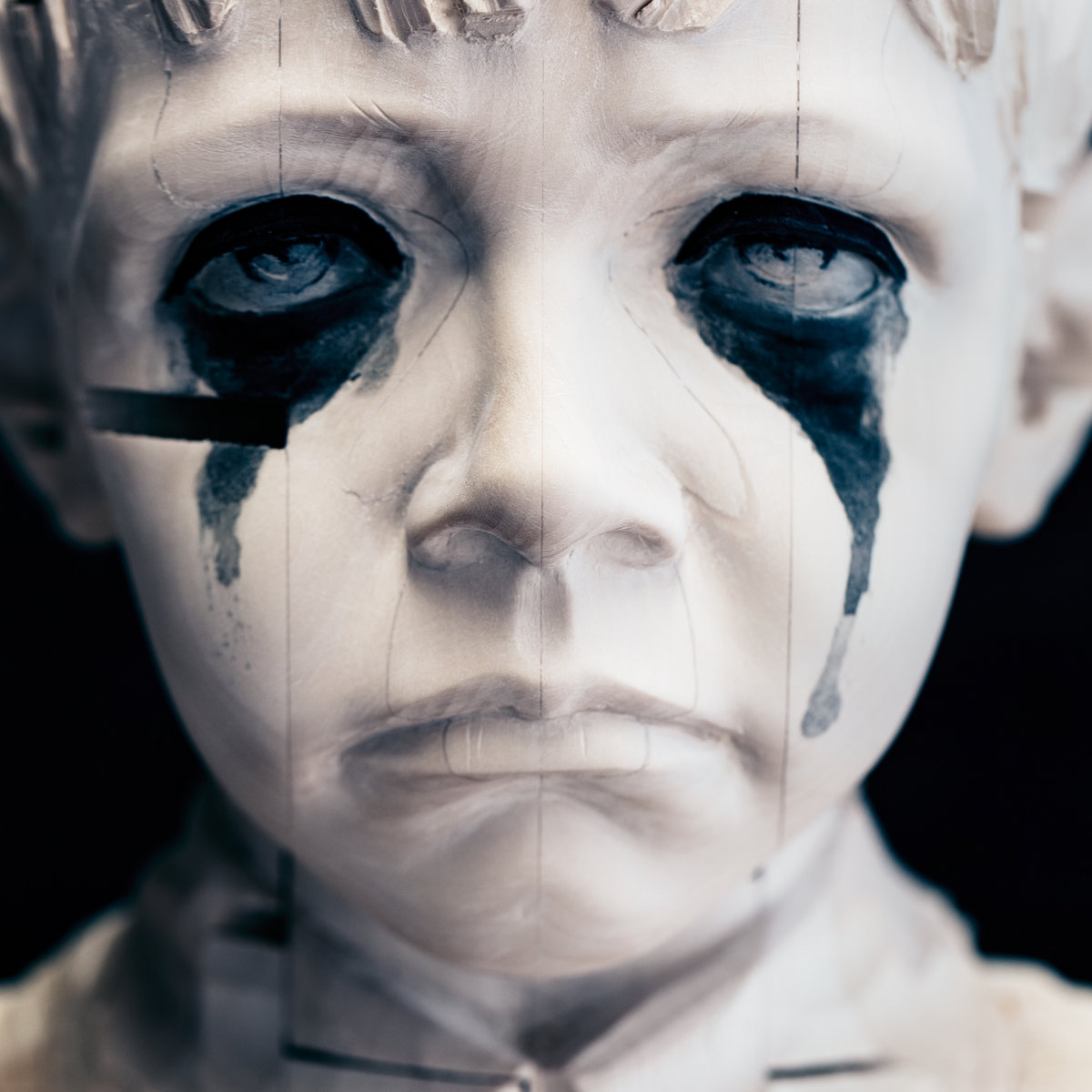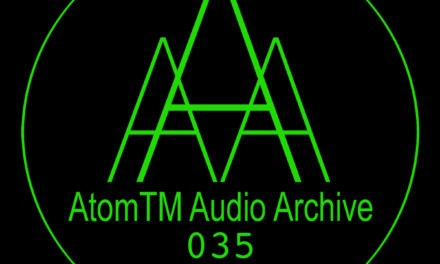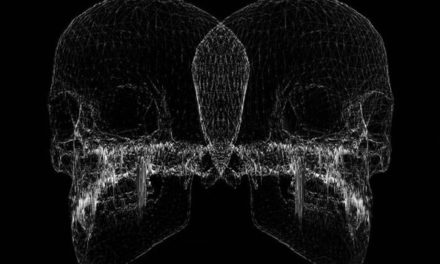
Years of Denial
Suicide Disco Vol. 2
VEYL
Years of Denial are one of the modern darkwave acts that walk the border between that already fairly broad-genre and its immediate stylistic neighbours, industrial, EBM, coldwave and post-punk. Indeed, in the time since the release of 2019’s Suicide Disco they’ve put out releases that border on power electronics (2020’s mini-LP Human Tragedy), regal goth-rock (their covers of the Sisters and Bauhaus’ “Poison Door” and “All We Ever Wanted Was Everything” respectively) and made numerous compilation appearances that ply the techno-body style. New album Suicide Disco Vol. 2 focuses in on that broad if darkly inclined range of styles, finding the duo drawing from the austerity of continental darkwave and the energy of its more modern iterations to good effect.
That mixture is a potent one, although harder to balance than you might expect; lean too far into bleakness and desolation and you sap the dancefloor energy right out matters, pump up the beats too much and you can undermine the mood. Years of Denial generally walk that line ably, letting a simple electronic backbeat push the descending synths and electronic whooshes of “Mr. Guillotine” forward without undermining its sinister atmospherics, and mixing vocalist Barkosina Hanusova’s laconic, deep-voiced delivery so as to add dimension to the buzzing electronic shuffle of “Lover’s Crime” and “La Pendue”.
If that balancing act has a price, it’s that Suicide Disco vol. 2 rarely stretches beyond its comfort zone in terms of songwriting and arrangement, which gives the album a sense of sameyness as it plays through. Pre-release single “Dancing With Demons” has a little more mustard on it with far more manic synth programming and Hanusova effecting a more sardonic edge, but also feels very close musically to “Never Satisfied” from a few tracks earlier. Elsewhere, “City Lights” starts with a bit more robotic electro shuffle in it, but once its octave bassline and chord progression kicks it loses its distinctness. Perhaps the best moment on the latter half of the record is “Death of a Lover” specifically because its invocation of the group’s post-punk side rolls out slowly and confidently, establishing a pleasingly wistful identity via its electric bass and wistful air amongst its gloomy neighbours.
Consistency of execution versus variety is a struggle its hard to know how to grade for, and one that depends greatly on context. No number suffers if listened to in isolation from the record, but its hard to discount that at over an hour in length you may grow weary of Suicide Disco Vol. 2 before it reaches the echoing dirgey collaboration with Broken English Club that is closing track “Social Anxiety”. One wonders if either a tighter or more varied release might have had more punch, although that may be contrary to Years of Denial’s very nature; their somber extravagance is as critical as anything to their identity.





